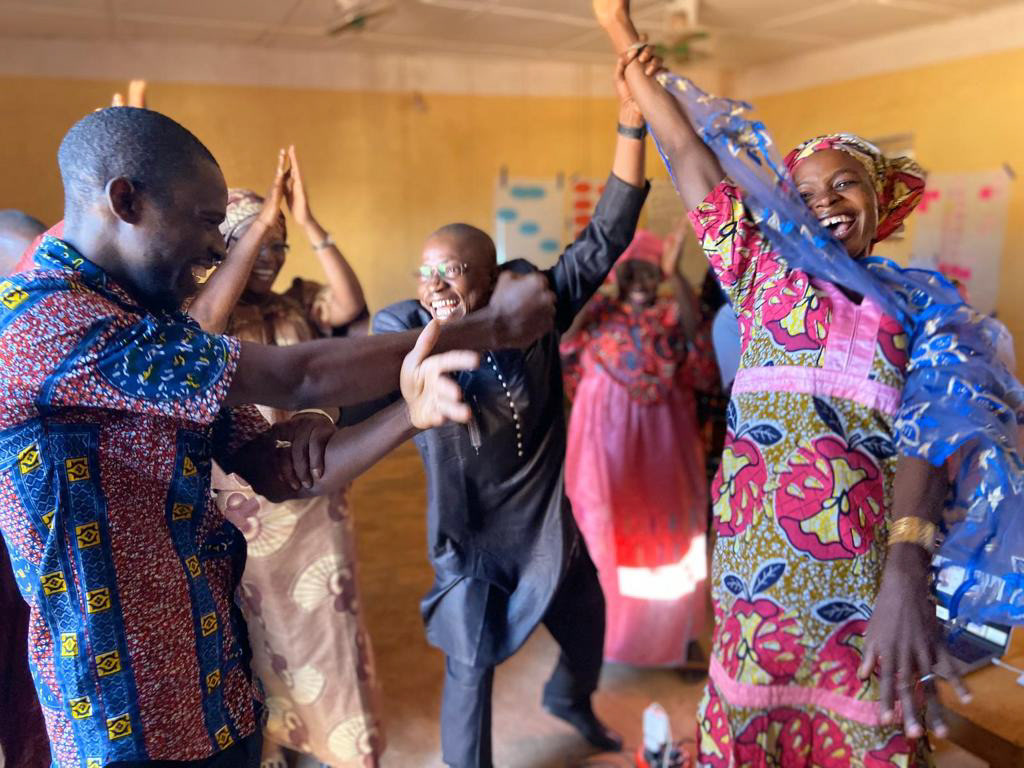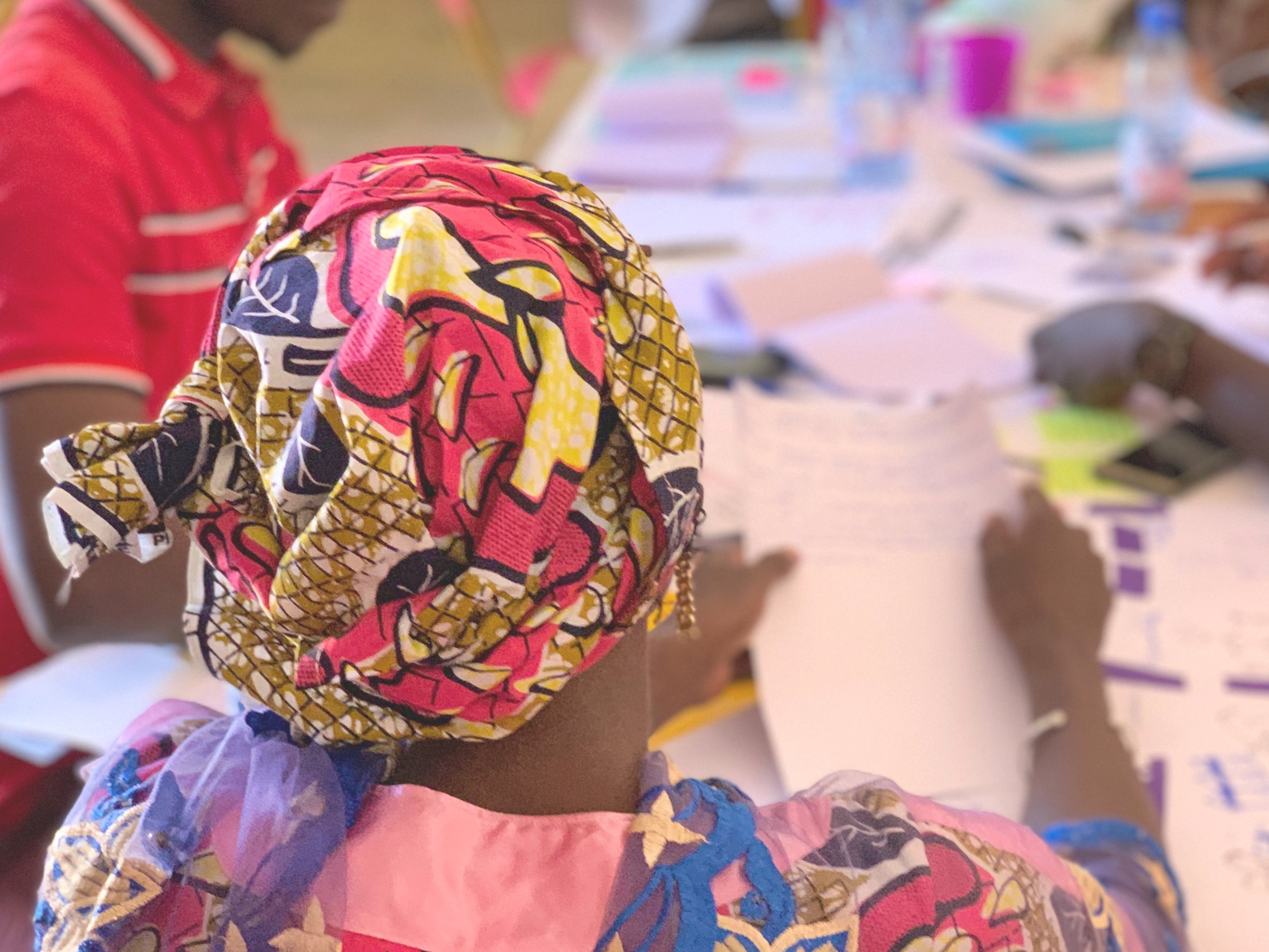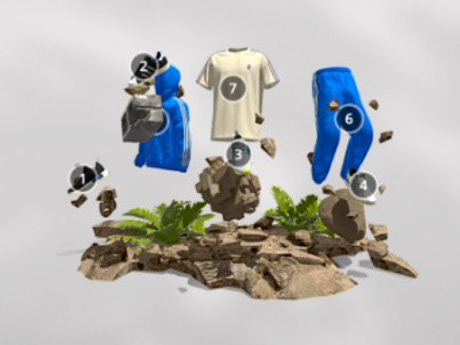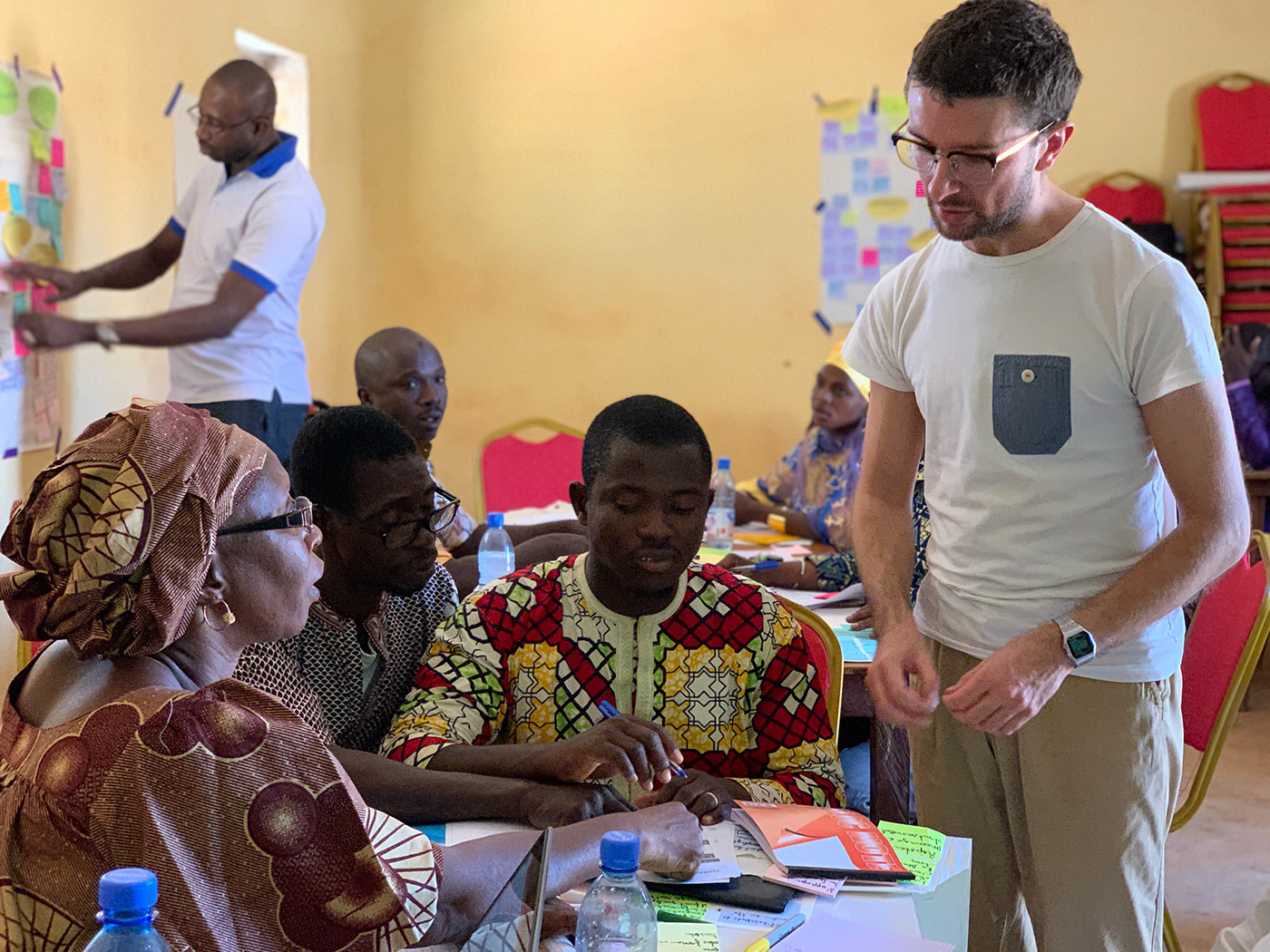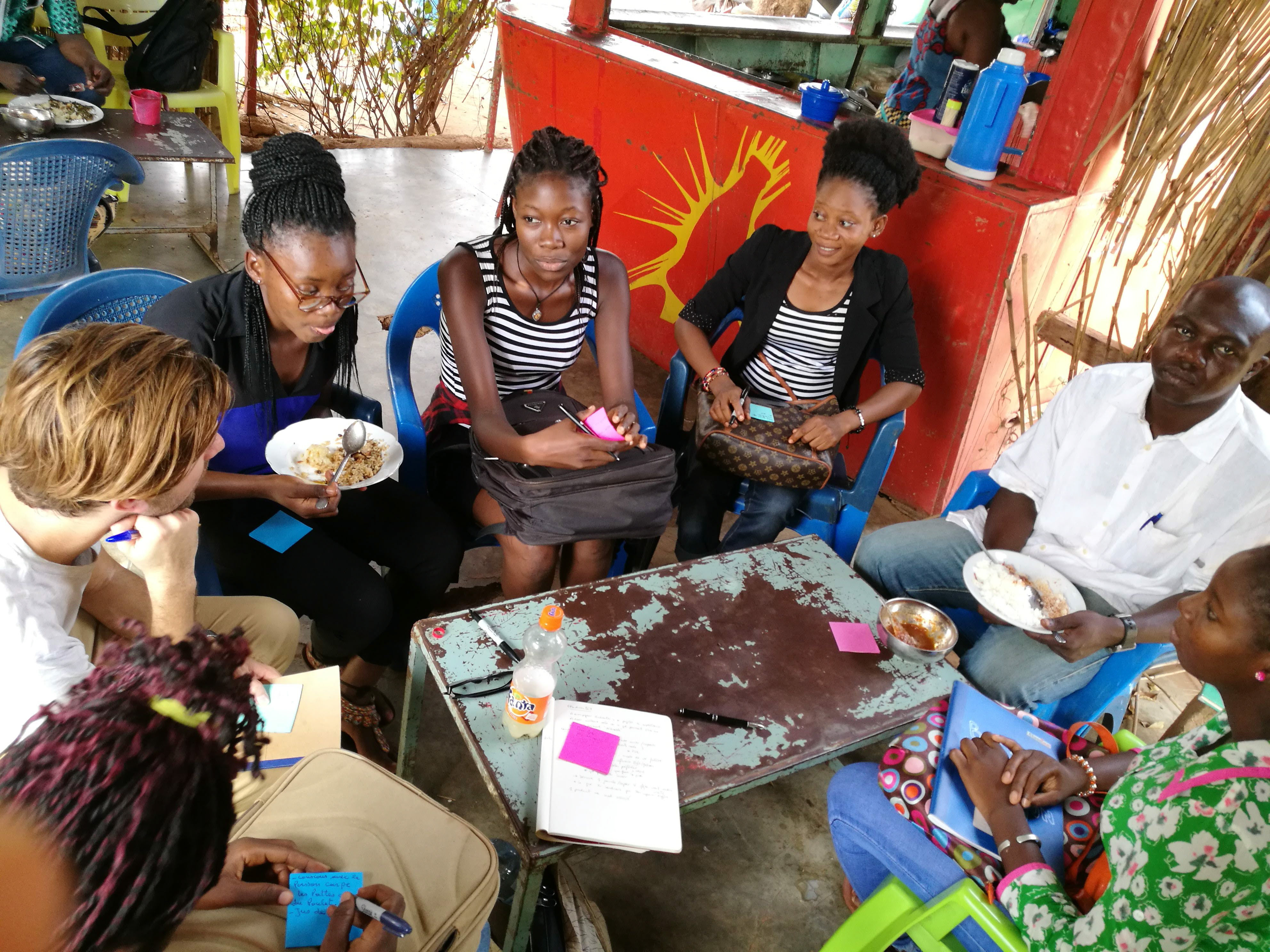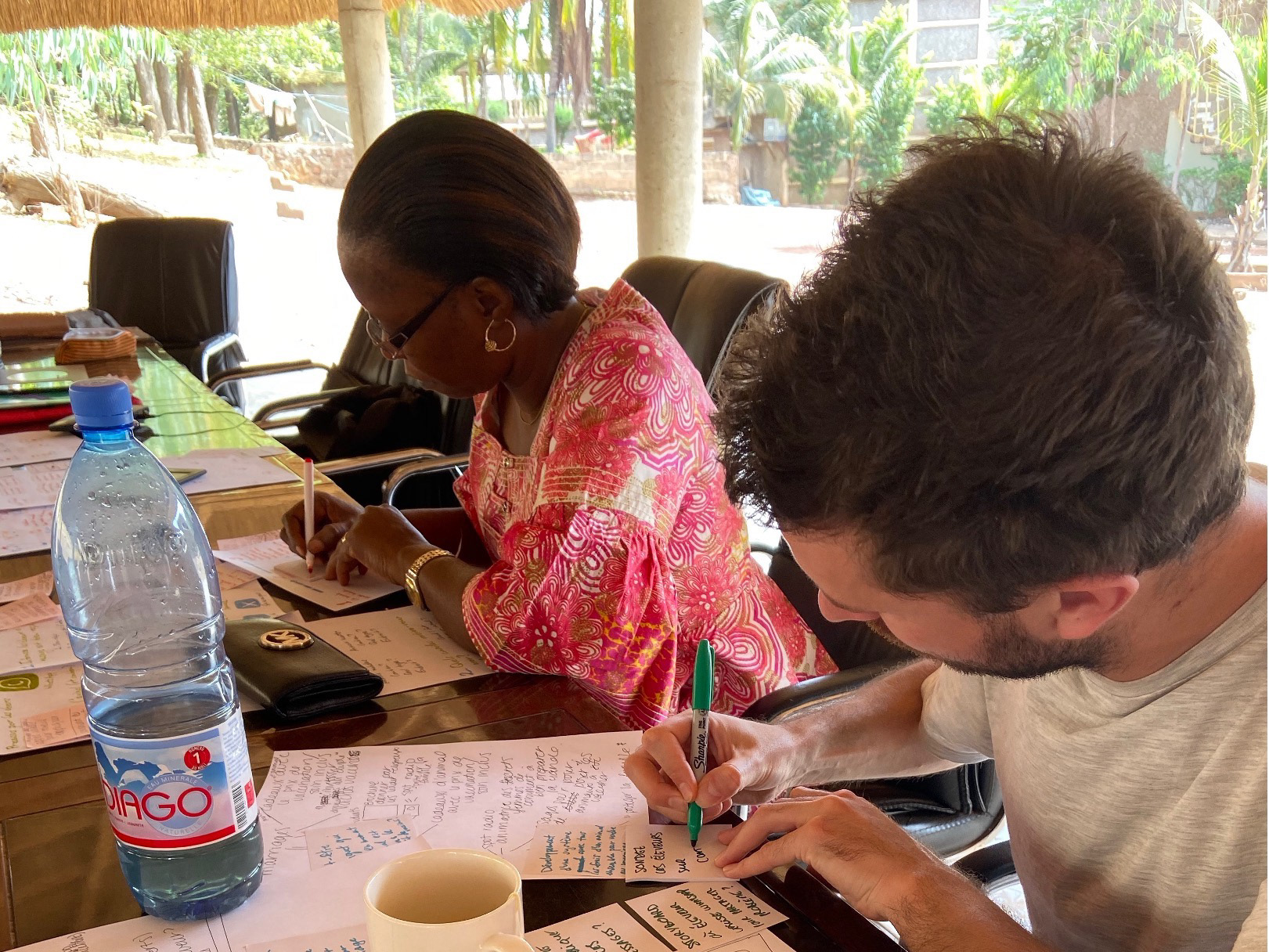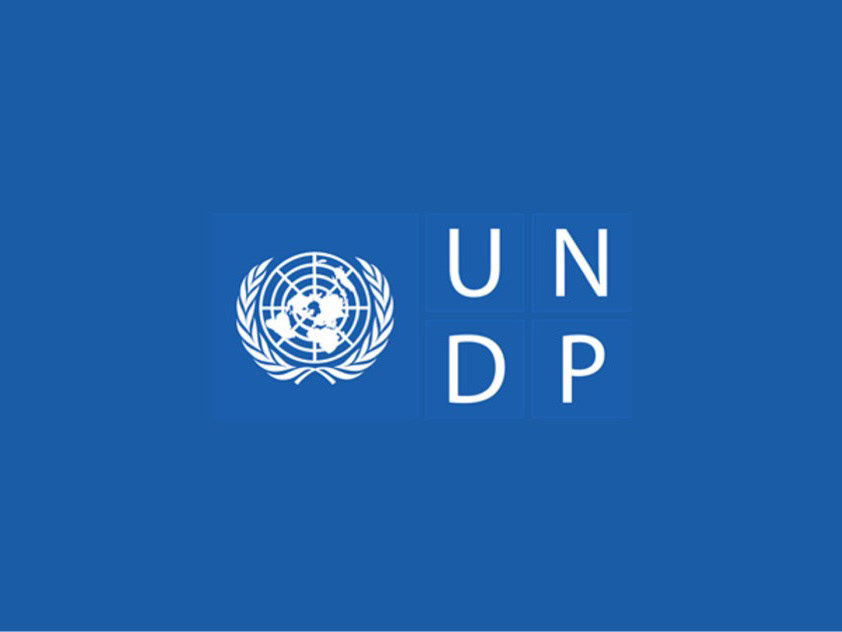Client: Philip Morris International | Year: 2018
Context
In collaboration with Philip Morris International, I joined an international team of six designers from diverse backgrounds—including product design, business communication, management, and engineering—to address the challenge of designing solutions that support a smoke-free future. The project sought to understand stress-related behaviors that often lead to cigarette consumption, aiming to uncover meaningful pathways toward healthier habits.
In collaboration with Philip Morris International, I joined an international team of six designers from diverse backgrounds—including product design, business communication, management, and engineering—to address the challenge of designing solutions that support a smoke-free future. The project sought to understand stress-related behaviors that often lead to cigarette consumption, aiming to uncover meaningful pathways toward healthier habits.
Goals
Our objective was clear: identify innovative solutions to significantly reduce cigarette consumption by addressing the root issue of stress. Drawing from our combined disciplines, we aimed to deeply understand user needs, motivations, and barriers around smoking behaviors, ultimately proposing tangible, human-centered alternatives that could foster healthier coping mechanisms and strategically inform future product development.
Our objective was clear: identify innovative solutions to significantly reduce cigarette consumption by addressing the root issue of stress. Drawing from our combined disciplines, we aimed to deeply understand user needs, motivations, and barriers around smoking behaviors, ultimately proposing tangible, human-centered alternatives that could foster healthier coping mechanisms and strategically inform future product development.
Methods
We conducted immersive field research across three distinct cultural contexts—Portugal, Poland, and the US—to capture diverse perspectives and behaviors. Our qualitative approach included user interviews, observational studies, and ethnographic immersion, which informed detailed journey maps highlighting stress-related touchpoints across the end-to-end user experience.
Through collaborative, cross-disciplinary workshops involving ideation and co-design, we prioritized user insights using structured frameworks (impact-effort assessments, user-story mapping), enabling us to identify actionable opportunities. The iterative process allowed us to develop, test, and refine multiple prototypes—from early-stage concepts to detailed, high-fidelity iterations.
We conducted immersive field research across three distinct cultural contexts—Portugal, Poland, and the US—to capture diverse perspectives and behaviors. Our qualitative approach included user interviews, observational studies, and ethnographic immersion, which informed detailed journey maps highlighting stress-related touchpoints across the end-to-end user experience.
Through collaborative, cross-disciplinary workshops involving ideation and co-design, we prioritized user insights using structured frameworks (impact-effort assessments, user-story mapping), enabling us to identify actionable opportunities. The iterative process allowed us to develop, test, and refine multiple prototypes—from early-stage concepts to detailed, high-fidelity iterations.
Outcome
The outcome was the development of Feeltr—a thoughtfully designed, practical solution focused on stress management and smoking reduction. We showcased our concept and prototypes to industry experts and design professionals in San Francisco, Porto, and Warsaw, receiving validation and positive feedback from Philip Morris International and the wider design community.
The outcome was the development of Feeltr—a thoughtfully designed, practical solution focused on stress management and smoking reduction. We showcased our concept and prototypes to industry experts and design professionals in San Francisco, Porto, and Warsaw, receiving validation and positive feedback from Philip Morris International and the wider design community.
This project provided a robust framework and a proven, human-centered design approach for addressing complex behavioral challenges. It demonstrated the power of empathetic research, cross-disciplinary collaboration, and iterative prototyping to deliver innovative solutions that can positively impact individual and public health outcomes.
Testimonial
"I had the privilege of working with him as a consultant within the context of SUGAR Design Innovation Network and in collaboration with Philip Morris International. Given Benjamin's experience prior to the project, I always felt supported throughout the innovation process, as well as challenged to be able to reach the same level of professionalism and quality of work. Working with Benjamin, undoubtedly, enriched my experience in the project and elevated my skills. He was able to bring previous knowledge and expertise within the fields of project management, design research and business innovation."
- Catarina Batista, Human-Centered Design Consultant
"I had the privilege of working with him as a consultant within the context of SUGAR Design Innovation Network and in collaboration with Philip Morris International. Given Benjamin's experience prior to the project, I always felt supported throughout the innovation process, as well as challenged to be able to reach the same level of professionalism and quality of work. Working with Benjamin, undoubtedly, enriched my experience in the project and elevated my skills. He was able to bring previous knowledge and expertise within the fields of project management, design research and business innovation."
- Catarina Batista, Human-Centered Design Consultant

